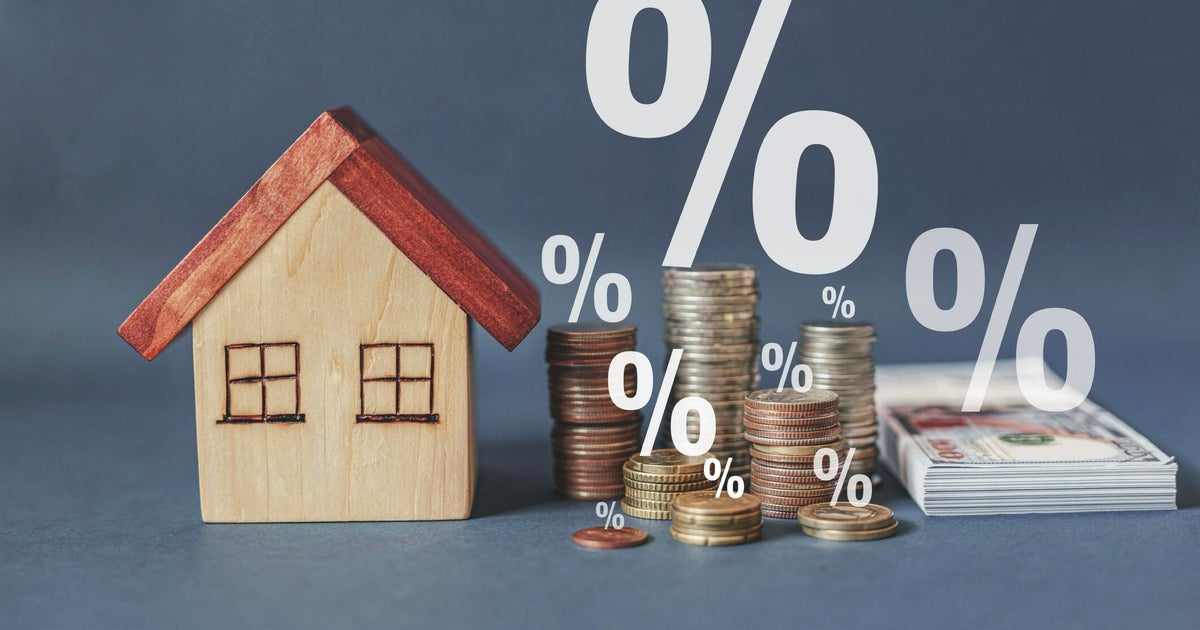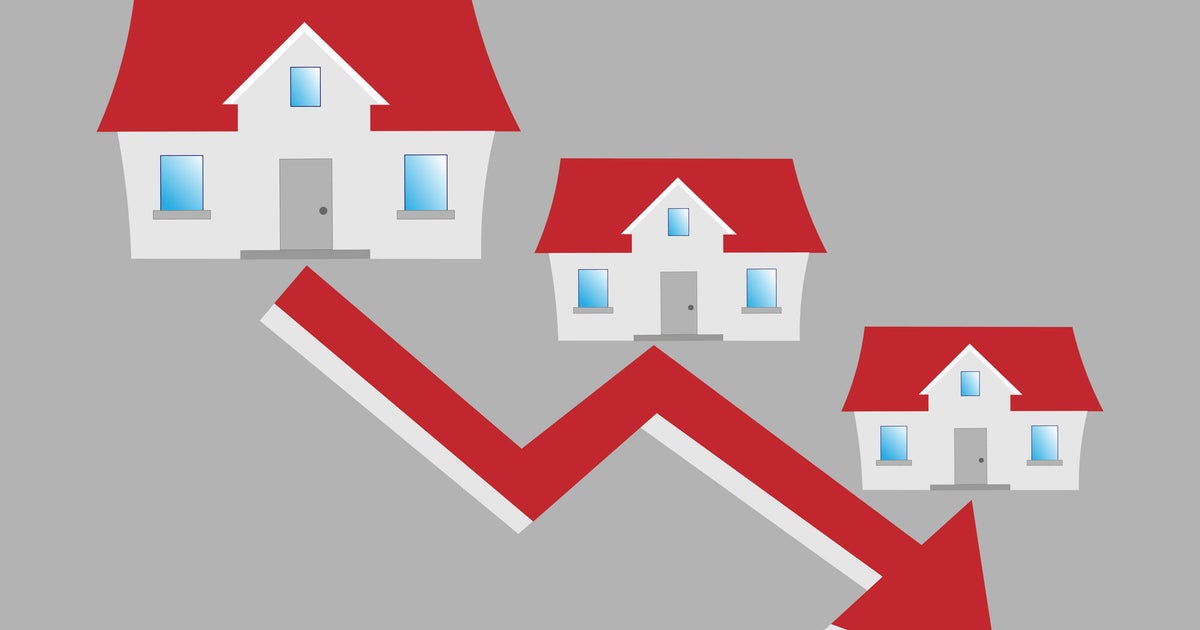How much would a $75,000 home equity loan cost per month after rate cuts?
If you're considering a home equity loan, this could be an ideal time to explore your options. After all, homeowners have seen significant growth in their home equity over the past year and the average homeowner has about $327,000 in equity currently. Plus, with the Federal Reserve cutting its benchmark rate by 50 basis points recently, borrowing against that equity has become more affordable. So, for many, taking out a home equity loan now could be a cost-effective way to fund renovations, pay off high-interest debt or manage other large expenses.
Because home equity loans are secured by the value of your home, lenders are typically able to offer lower rates compared to other loan types — and the rates on home equity loans are fixed, providing you with predictable monthly payments, too. And when you factor in the recent rate reduction, you may be able to lock in an even better deal on this type of loan than normal, as home equity loan rates have dropped in recent weeks.
However, it's important to carefully evaluate the monthly payment obligations tied to any home equity loan you take out, particularly now that rates have been adjusted. So, how much would a $75,000 home equity loan cost per month in the current environment?
Ready to tap into your equity? See what home equity loan rate you could qualify for here.
How much would a $75,000 home equity loan cost per month after rate cuts?
The monthly cost of a $75,000 home equity loan depends primarily on two factors: the interest rate you qualify for and the length of the repayment period. The rates you're offered can vary depending on your credit score, debt-to-income (DTI) ratio and other factors, but there are two common repayment terms for home equity loans: 10 years and 15 years.
The average 10-year fixed home equity loan rate stands at 8.50% currently, while the average rate for a 15-year loan is slightly lower at 8.41%. Based on the current average rates and terms, here's what you might expect to pay each month on a $75,000 home equity loan:
- 10-year fixed home equity loan at 8.50%: $929.89 per month
- 15-year fixed home equity loan at 8.41%: $734.60 per month
These figures illustrate the trade-off between shorter and longer repayment terms. While the 10-year loan offers a higher monthly payment, it allows you to pay off the debt more quickly and potentially save on total interest over the life of the loan. Conversely, the 15-year option provides lower monthly payments, which may be more manageable for some borrowers, but results in paying more interest over time.
Find out what home equity loan rates are available to you here.
The impact of future Fed rate cuts
While today's home equity loan rates are attractive overall, there may be potential for even greater savings soon. Analysts expect that if inflation continues to remain low or decrease, the Federal Reserve could implement additional rate cuts later this year — one in November and one in December. If these rate cuts occur, we could see home equity loan rates fall even further, leading to even more affordable borrowing costs.
For example, if a 25-basis-point rate cut occurs in November and home equity loan rates were to decrease by the same amount, bringing the rate for a 10-year loan down to 8.25%, the monthly payment on a $75,000 loan would decrease to $919.89, saving you about $10 per month compared to what you would pay at today's rates.
Similarly, if a 15-year loan rate dropped by 25 basis points to 8.16%, your monthly payment would fall to $723.68. That would result in monthly savings of $10.92 and total savings of about $1,980 in interest over the loan term.
Now let's say that home equity rates were to fall by 50 basis points in total, dropping the average 10-year home equity loan rate to 8.00% and the average 15-year home equity loan rate to 7.91%. That would lower the monthly payment on a 10-year home equity loan to $909.96, while the monthly payment on a 15-year home equity loan would fall to $712.85.
While the potential savings are worth considering, waiting for additional rate cuts could be risky, as predicting future rate movements is not an exact science — and any number of factors outside of Fed rate cuts can have an impact on where rates head. Given the risks, it could make more sense to secure a loan at today's favorable rates rather than gamble on further reductions.
The bottom line
The recent interest rate cuts have made home equity loans more attractive than they've been in recent years, with a $75,000 loan potentially costing between about $735 and $930 per month, depending on the repayment term and current interest rates. However, it's crucial to remember that home equity loan rates can vary significantly from one lender to another, so if you're considering tapping into your home equity, it's typically smart to shop around, compare offers from multiple lenders and be prepared to act quickly when you find a rate that aligns with your financial goals and budget constraints.




